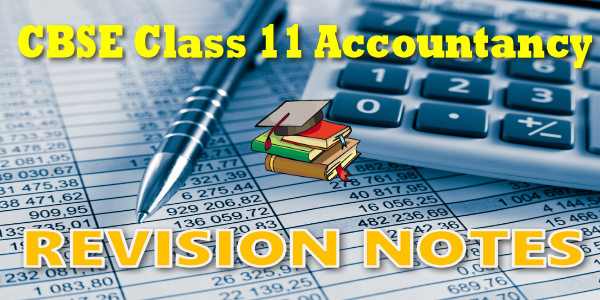Chapter 2: Theory Base of Accounting – Index Terms Explained
- GAAP (Generally Accepted Accounting Principles):
- Defined set of rules and procedures for creating consistent financial statements.
- Developed by the Financial Accounting Standards Board (FASB).
- Ensures transparent and uniform financial reporting across industries.

- Accounting Concepts:
- Foundations for an interrelated bookkeeping structure.
- Essential for maintaining harmony and synchronization in accounting.
- Helps management with better analysis and overview.
- Business Entity Concept:
- States that the business and the owner are separate entities.
- Financial transactions of the business should be recorded separately from the owner’s transactions.
- Money Measurement Concept:
- Only transactions that can be recorded in monetary terms are documented.
- Assets are shown in monetary terms in the accounting records.
- Going Concern Concept:
- Assumes that a business will continue its operations into the foreseeable future without the intention or need to liquidate.
- Accounting Period Concept:
- Divides accounting transactions into equal time periods for reporting purposes.
- Typically, an accounting period is 12 months.
- Cost Concept:
- Assets are recorded at their original purchase price, including costs for transportation, installation, and acquisition.

- Dual Aspect Concept:
- Each transaction affects the business in two equal and opposite aspects.
- Basis for double-entry accounting.
- Revenue Recognition/Realisation Concept:
- Income is recognized when goods or services are transferred to the customer, not necessarily when cash is received.
- Matching Concept:
- Expenses incurred in an accounting period should match the revenue earned during the same period.
- Ensures that all expenses and revenues are considered for calculating profit or loss.
- Full Disclosure Concept:
- All necessary information should be reported in financial statements to help users make informed decisions.
- Consistency Concept:
- Businesses should maintain the same accounting methods across accounting periods for meaningful comparisons.
- Conservatism Concept:
- Expenses and liabilities are recognized as soon as possible when there is uncertainty, while assets and revenues are recorded only when assured.
- Materiality Concept:
- All material items that could influence the decision-making of users must be reported accurately.
- Objectivity Concept:
- Financial statements should be based on objective evidence and free from bias.
- Double Entry System:
- Accounting method that records each transaction in two accounts, reflecting debit and credit sides.
- Dual Aspect:
- Emphasizes that every transaction impacts two accounts, maintaining the accounting equation.
- Single Entry System:
- Simplified accounting method where only cash accounts and accounts of debtors and creditors are maintained.
- Cash Basis of Accounting:
- Recognizes revenues and expenses only when cash is exchanged.
- Accrual Basis of Accounting:
- Recognizes revenues and expenses when transactions occur, regardless of cash flow.
- Accounting Standards:
- Codified principles providing a basis for preparing financial statements, ensuring consistency and solving accounting issues.
- Sole Proprietorship Unit:
- Business owned and operated by a single individual, suitable for small businesses.
- Partnership Firm:
- Business entity formed by two or more members sharing profits and responsibilities, governed by a partnership deed.
- Societies:
- Groups of people working together for mutual benefit, often within the same social or spatial territory.
- Trusts:
- Organisations created by a will, transferring ownership of property for a specific purpose, either private or public.
- Hindu Undivided Family:
- Business structure unique to India, managed by the eldest family member (Karta), with equal ownership among family members.
- Association of Persons:
- Group of individuals with a common goal, can be natural or artificial persons.
- Cooperative Societies:
- Formed by weaker sections of society to prevent exploitation by stronger sections, requiring registration under the Cooperative Societies Act, 1912.
- Companies:
- Legal entities established for business purposes, can be organized as partnerships, corporations, or proprietorships.
- International Financial Reporting System (IFRS):
- Globally followed standards for reporting financial transactions, issued by the International Accounting Standards Board (IASB).
- Goods and Services Tax (GST):
- Comprehensive tax on the supply of goods and services, replacing multiple indirect taxes, and implemented in over 160 countries.
- Direct Tax:
- Tax paid directly by individuals or organisations to the government, including income tax, property tax, and capital gains tax.
- Indirect Tax:
- Tax collected by intermediaries (e.g., retail stores) from consumers, such as sales tax, VAT, or GST, and later forwarded to the government.
These terms and concepts form the foundational knowledge necessary for understanding accounting practices and principles.
